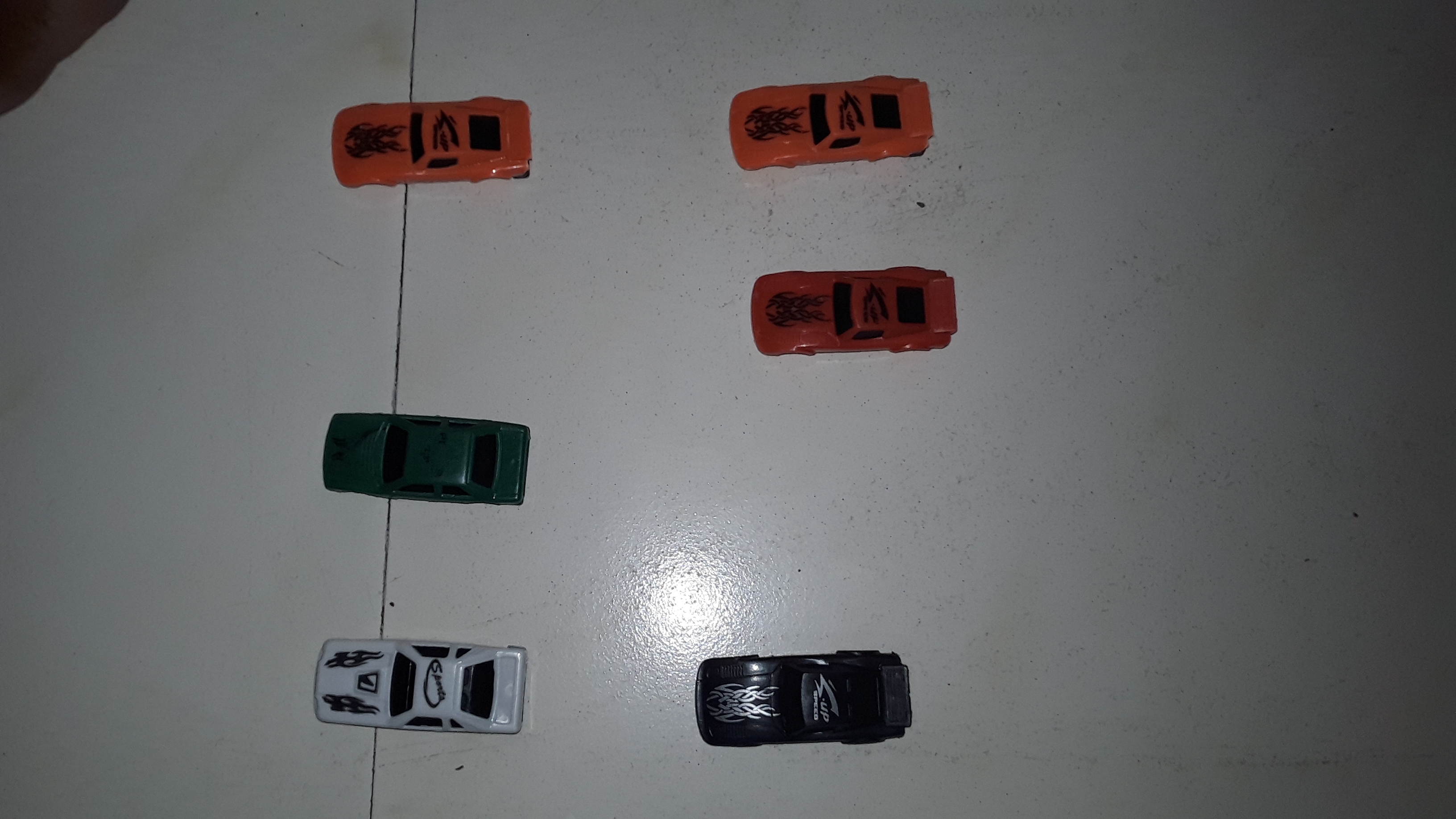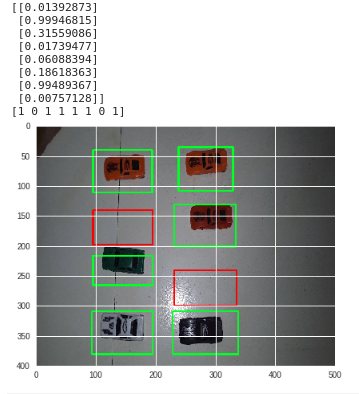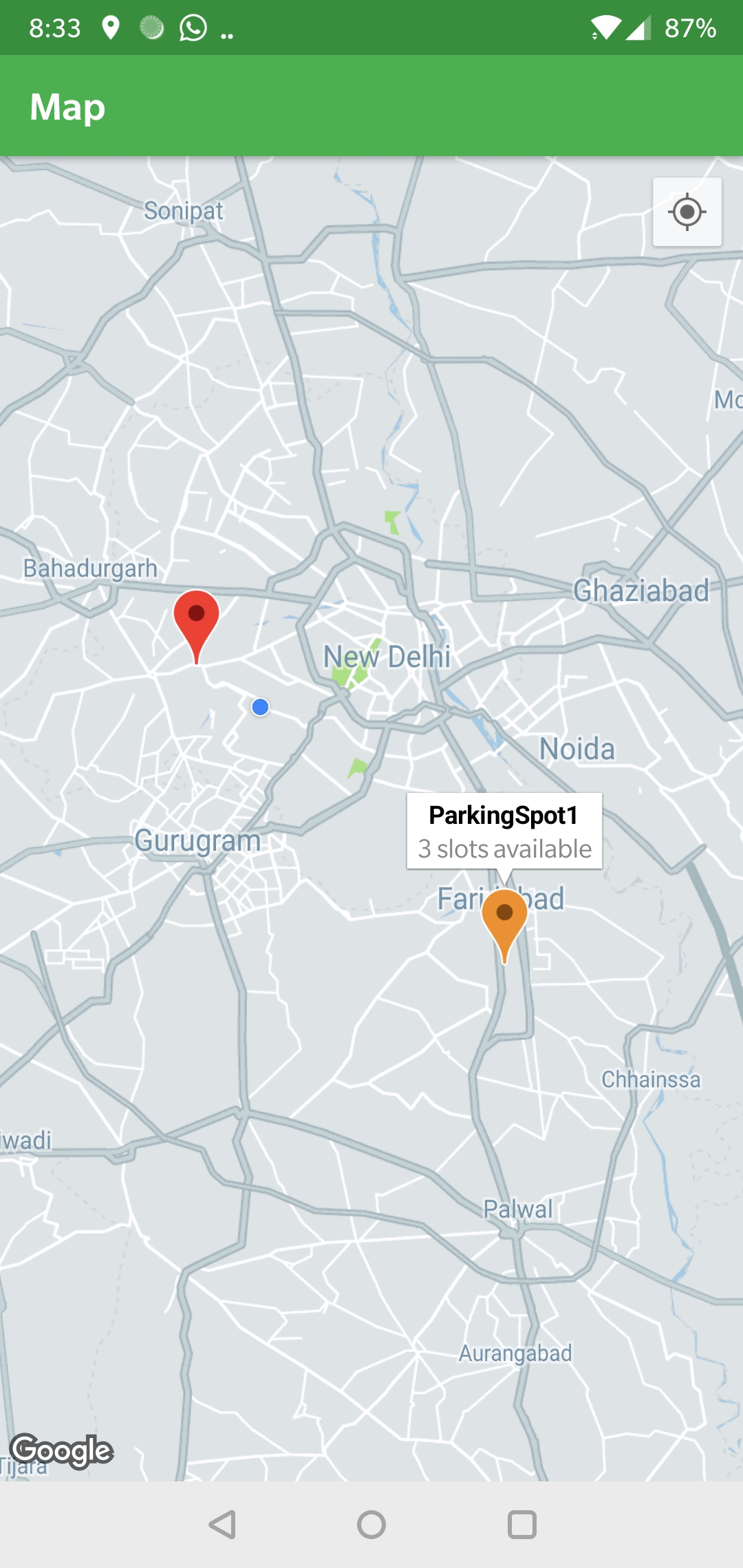The high demand of automobiles has also exploded the need of parking space. Over 30% of traffic slowdown is caused by parking difficulties taking around 20-25 minutes on average per person. If we could help them, the driving would reduce dramatically, releasing less Carbon Dioxide and clearing up the roads from parking spot hunters. We believe in solutions that are available for all cities to become smart cities.
We will build a system using computer vision that will parse real-time occupancy of parking space data in the cloud and will retrieve to a consumer app that will help the driver to find a parking spot around. It can increase revenues and faciliate reinforcement of illegal parking activities. All of this will be automatic, without any human intervention.
- A camera at parking space will take still images after regular interval.
- These images are send to our server where they are feeded to a deep learning architecture to detect occupancy and availability.
- Data from all such parking spaces in city will be parsed to centralized cloud database.
- Any driver in the city can see nearest available parking spot for their vehicle on their mobile devices.
- Driver can select parking spot to view details, real-time available slots and book them.
We choose to fine-tune the pre-trained VGGNet. The pre-trained weights can be obtained from here. We fix the convolutional layers, i.e., we don't fine-tune the convolutional layers, only the dense layers above it. You can download checkpoint for testing the image directly from here
We used the PKLot dataset, which can be found here. This database contains 12,417 images (1280X720) captured from two different parking lots (parking1 and parking2) in sunny, cloudy and rainy days. On using the annotations to get the image of each parking lot, we end up with ~ 695600 images of size 54x32.
Use pip to install them.
- Use model compression to make object detection faster and computationally cheaper.



